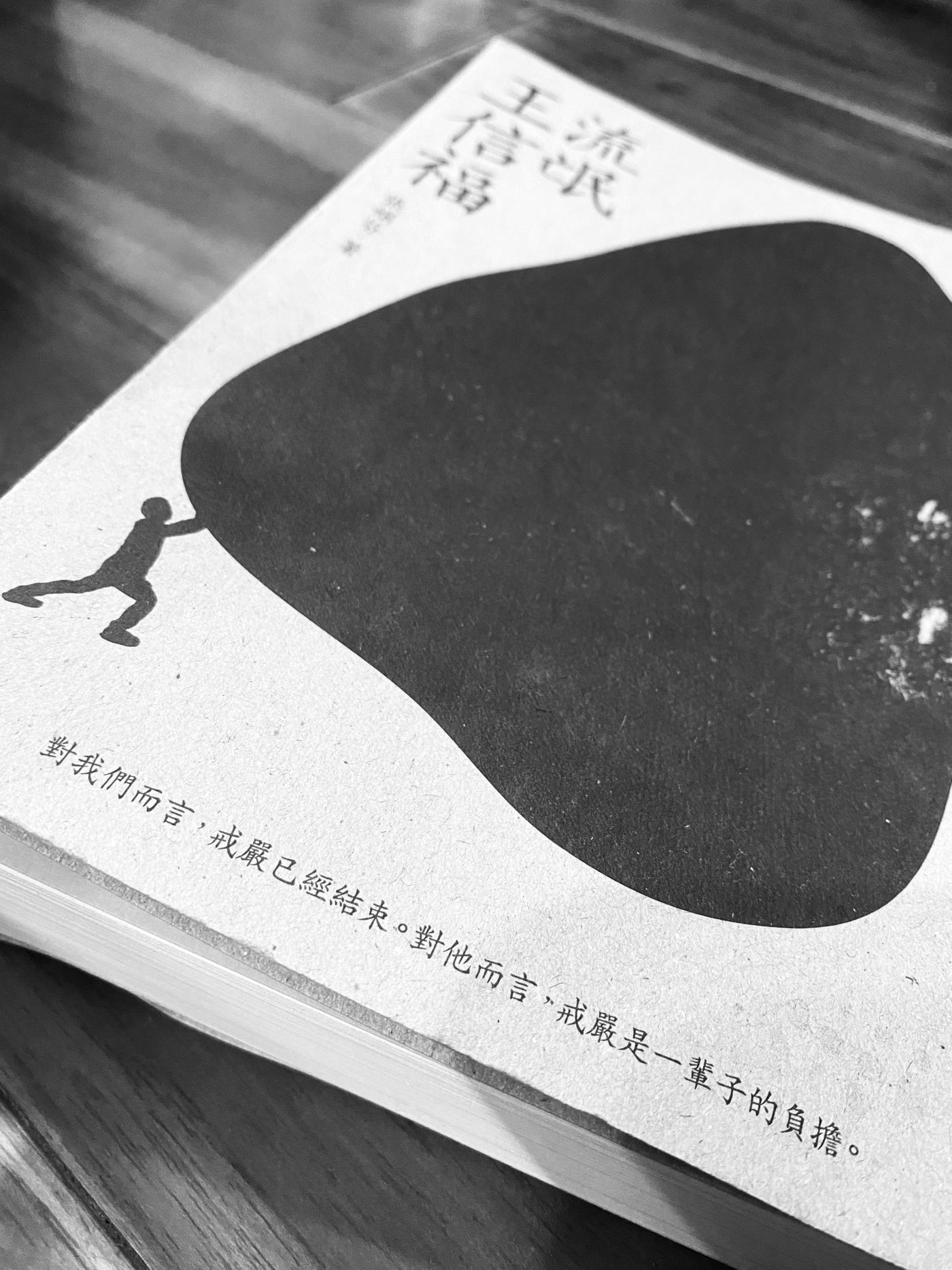
清大社會所碩士。自由文字工作者。
Zhang Juanfen's "Rogue Wang Xinfu": Seeing the death-row prisoner who was under "martial law for a lifetime" from the tunnel vision
The first time I listened to "Analysis of the Evidence Structure of the Wang Xinfu Case" should have been a warm-up activity in a certain abolition review plan. The publicity theme was the "The Difficulty of Killing" book club, and Juanfen opened with a briefing on the case. At that time, the Wang Xinfu case was not a case that was brought up often. I remember Xinyi saying in a worried tone, "Everyone will accept that good people should not be wronged, but it is difficult to make proposals for the vindication of 'bad people'."
Bad guys, but not murderers. Law, but under martial law.

In Taiwan, which was very different a few decades ago, the word crime has various possibilities, not to mention that hooligans are still somewhere between crime and non-crime. In fact, the "bad guys" under martial law are the product of social conditions, and the "rogues" are the product of political purges. Whether it is the judiciary or ordinary people, it may be difficult to put them into perspective. This is also the whole that was vague and invisible when I first listened to it.
But "Rogue Wang Xinfu" was written back. The first half of the book is very "good-looking". From the characters and the verdict, we can see how much a "story" can be reversed in a case that is only judged by testimony. It's like a mystery novel. The second half of the book is a bit "hard" (but compared to other works on law, it is definitely super easy to read), entering the system changes and the fallacy of the administration over the judiciary under the Jiang family's regime behind it, the epochal significance of the entire case is thus revealed. : Not just cases and evidence, but history, injustice as a whole.
The final effect is on people. Through the death sentence, an absolute effect, we have seen the face of the era: Wang Xinfu is still in prison, the oldest prisoner on death row in Taiwan.
Therefore, the harvest of reading is definitely not only in "knowing a wrongful case", but "knowing a part of Taiwan". It turns out that the word "rogue" has such a burden, the "method" of governance has undergone terrifying changes, and the "job training" who arbitrarily convicted "criminal" was arrested and opened in the cold and cold mountains. The judiciary was once humble and still limited after the lifting of the law, and the disappearance of the record means that many unseen suffering people are written on them: the authority is still there.
Watching the documentary last night, Mr. Ye mentioned the abuse process by the Ludao prison guards who used empty bullets to scare the prisoners, and I always thought of Wang Xinfu. This kind of unreasonable death threat drama, like the "Measures to Ban Rogues" that has been revised several times since 1950, and the process of judicial abuse under the shadow of the military and government, are all injustices that make people randomly wandering on the edge of torture and death.
Because of Wang Xinfu, these "hard stories" are more accessible to ordinary people. "Rogue Wang Xinfu" is a fluent and easy-to-read book compiled from the testimony and discourses, the reports and the archives. We, who were born after the martial law, are like a tunnel of freedom. These events and works have opened up the surrounding dark walls.
Like my work?
Don't forget to support or like, so I know you are with me..
Comment…